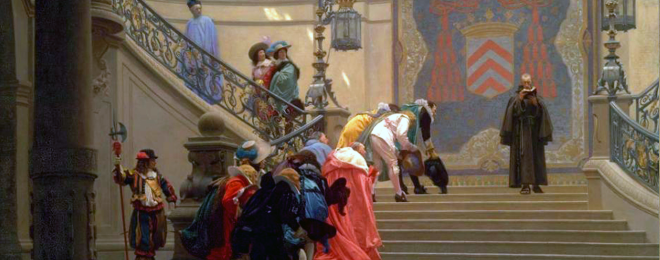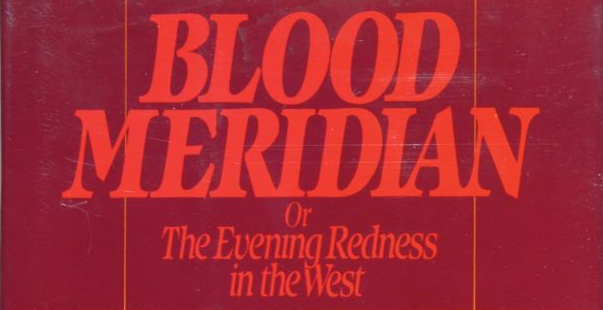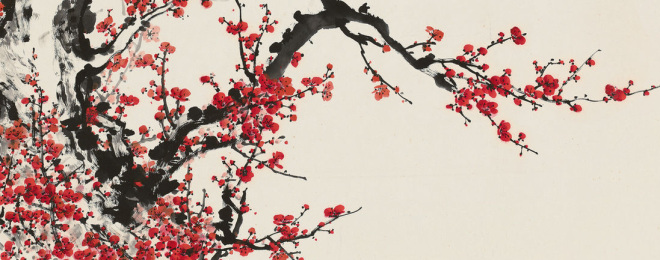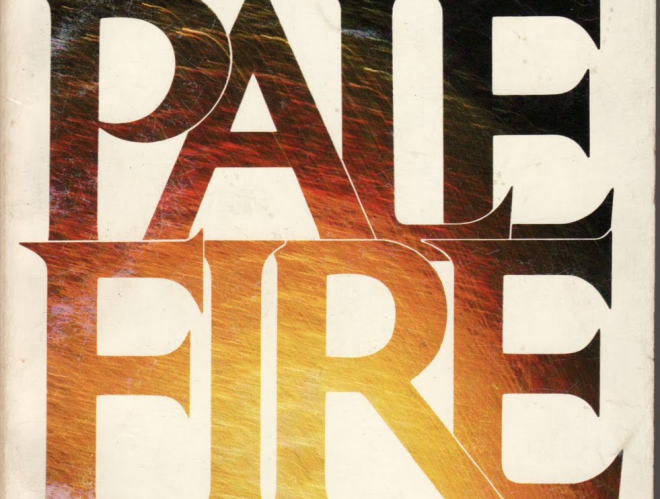
It’s been a while.
I have been distracted from Paperback Rider since late november, but today I have a special book to recommend. A book I had heard was difficult, that it was one of those ‘just tell people you’ve read it, but haven’t gotten past page 200.’ The book is another Pynchon (I read V. last summer) and is called Gravity’s Rainbow, and I can tell you it is glorious.
It is rare that you read a book that so thoroughly baffles you, yet is compelling enough to not let go of. No summary of Gravity’s Rainbow would do it justice, since the narrative is so sprawling and far-reaching, that I would never be able to cover it all. In short, the story takes place (mainly) in Europe during the last months of WW2 and the immediate aftermath in the “Zone,” or post-war Germany. Tyrone Slothrop is the closest thing resembling an anchor, we follow his wild adventure through Germany searching for the mysterious V-2 rocket with the serial no. 00000. There is something about Pavlovian conditioning, rocket predicting erections, secret government project and general paranoia.
As he moves on he finds these farms haunted, but amiably. The oakwork creaks in the night, honest and wooden. Unmilked cows low painfully in distant fields, others come in and get drunk on fermented silage, barging around into fences and piles of hay where Slothrop dreams, uttering moos with drunken umlauts on them.
What makes the trip (and at times it really is) enjoyable is the sheer creativity and humour that Pynchon possesses. There is a staggering amount of storylines to sink your teeth into, easily enough to satiate 50 novels, most of which are interesting, funny and absurd. How many novels contain a chapter on scheeming light-bulbs?
There is the black SS division known as the Schwarzkommando, led by Enzian whose half-brother is a Russian intelligence agent, and there is the crazy antics that follow when our hero dons a zoot suit. Then there is the villainous German captain Blicero and his rocket, oh, and there is an octopus that is being trained to fight, and also, famously, an instance of coprophilia, which is the polite term for faecal arousal. The last bit proved too much for judges and disqualified the novel for the Pulitzer price in 1974.
Pynchon is an author of incredible range. The novel is long, my copy is around 900 pages, and it can be difficult to read at times. It seeks to describe the paranoid mind at the cost of narrative cohesiveness. Sometimes it can be a bit dull, but the effort is rewarded with moments of great humour and fantastic eloquence.
Curiously, the reader of Pynchon’s earlier work V. is rewarded in Gravity’s Rainbow with the return of familiar faces, such as Corporal Weissman and Seaman ‘Pig’ Bodine. It adds yet another layer to an already complicated novel. You might need a wiki search for some of this.
Anyone looking for a challenge should read this book. It is an inspired piece of fiction, teeming with creative energy which you will never forget.
-PBR








